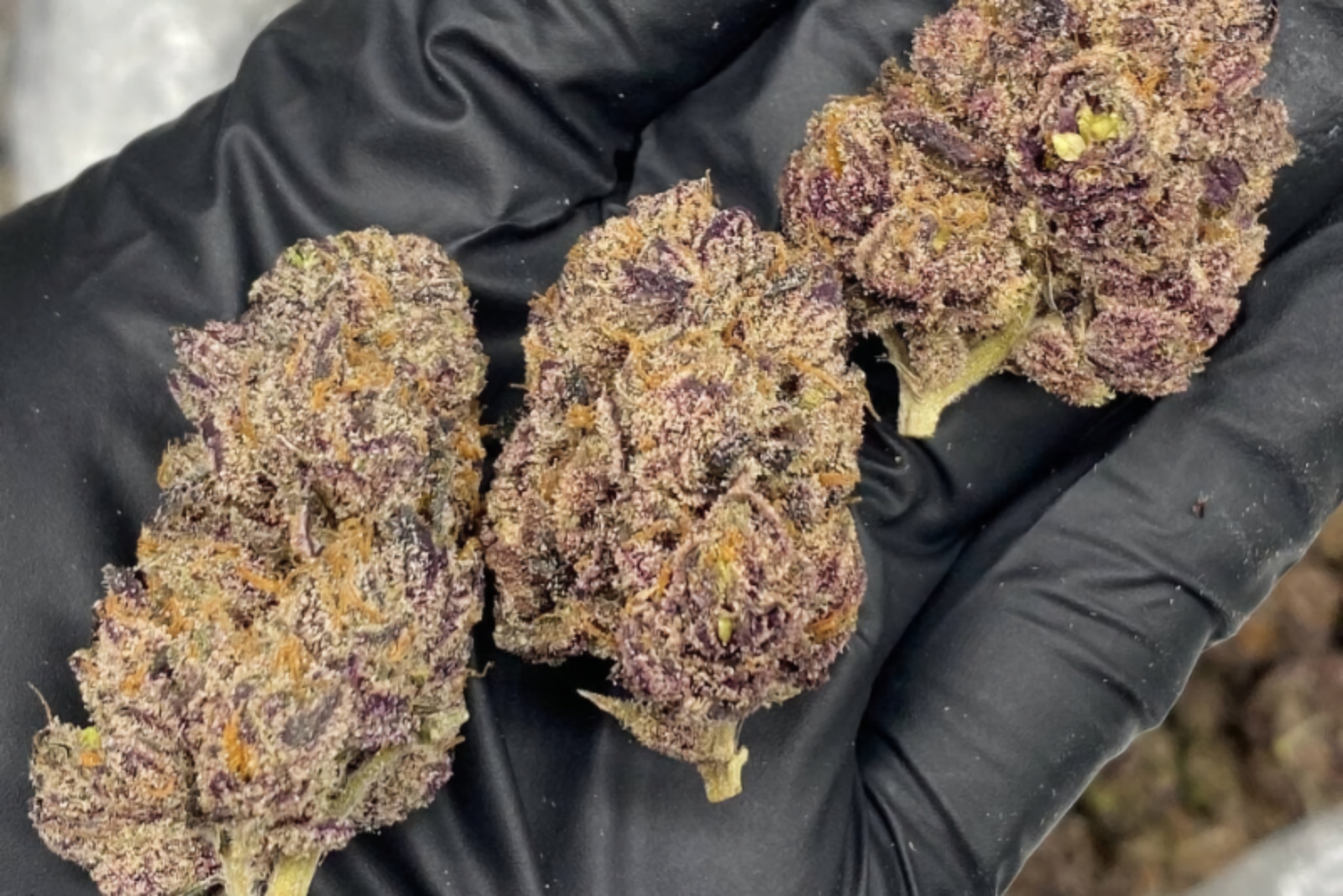
Travis Kelce, the talented tight end of the Kansas City Chiefs, has drawn attention to the prevalent marijuana usage among NFL players and called for a reassessment of the league’s policy. According to Kelce, approximately 80% of NFL players engage in marijuana consumption, shedding light on the need for a more progressive approach.
Kelce, who had previously faced suspension during his college football career due to cannabis use, understands the implications firsthand. Despite the setback, Kelce views his past suspension as a transformative experience that contributed to personal growth and maturity, both on and off the field.
The statistics shared by Kelce raise questions about the NFL’s current stance on marijuana, considering its widespread use among players. While the league categorizes cannabis as a banned substance, Kelce’s statement highlights the need for a policy that reflects the reality and addresses the evolving societal acceptance of marijuana.
Proponents argue that marijuana could serve as a viable alternative for pain management, potentially reducing the reliance on more addictive substances like opioids. With the increasing legalization of marijuana for medicinal and recreational purposes in various states, the conversation surrounding its use in professional sports has gained momentum.
In comparison to other major sports leagues such as Major League Baseball (MLB) and the National Basketball Association (NBA), the NFL maintains a relatively strict policy on marijuana usage. However, there have been slight modifications in recent years, with reduced penalties and an increased focus on rehabilitation rather than punitive measures.
Kelce’s remarks underline the necessity for the NFL to reevaluate its marijuana policy and align it with the changing landscape. While acknowledging that marijuana may not be suitable for everyone, Kelce advocates for informed discussions, considering potential medical benefits, and ensuring responsible usage among players through education and counseling.
As the NFL faces mounting pressure to address marijuana usage among its players, the league’s response will play a crucial role in shaping the future direction of its policy. Kelce’s statement, based on his personal experience and his understanding of the prevalence of marijuana consumption among players, adds weight to the ongoing debate.
It remains to be seen whether the NFL will embrace a more progressive approach, taking into account shifting public opinion and the well-being of its athletes. The reassessment of the league’s marijuana policy could lead to significant changes that reflect the realities of the current landscape and prioritize player health and overall welfare.
Read the whole article here.







